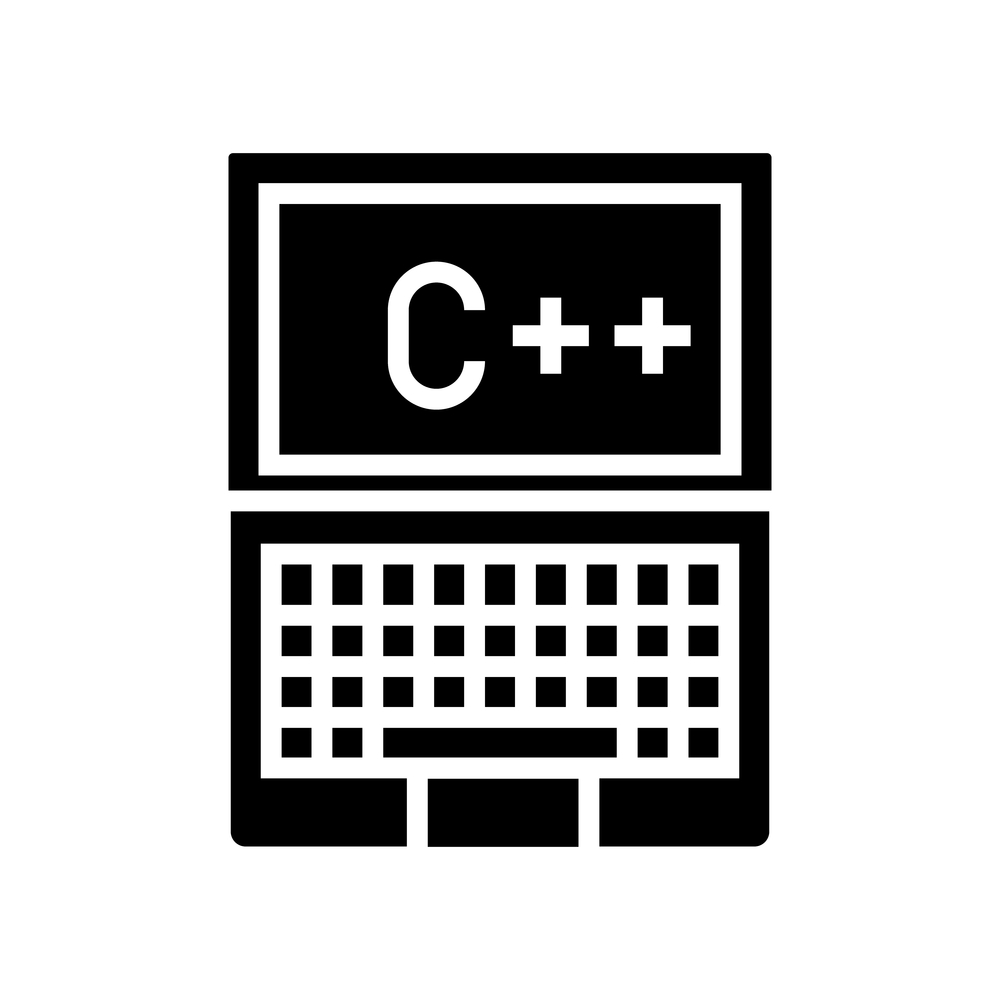 The C++ proposal for
The C++ proposal for indirect and polymorphic introduces two new class templates designed to simplify working with dynamically allocated types while retaining value semantics. This post dives into a curious case with polymorphic, exploring why std::default_initializable<polymorphic<T>> evaluates to true—even when polymorphic<T> can't actually be default-initialized in practice.
When a default-initializable type actually isn't
by Kaashif Hymabaccus
From the article:
I was looking at a proposal for adding value-semantic dynamically-allocated types to C++. You can find it here. This proposal adds two class templates,
indirectandpolymorphic.The primary use case for this is to make it easier to write correct composite classes. A motivating example can be found through existential types.
Suppose you want a type T which owns (ownership is key) some objects implementing some interfaces. You don't know what concrete types the sub-objects have, and you don't care. You're fine with dynamic dispatch, with the overhead that entails at runtime. You want value semantics, meaning (among other things) copying T copies the sub-objects too.
In Rust, this is expressible through
Box<dyn T>, which lets us own objects and perform dynamic dispatch with value semantics. This is whatpolymorphicwill allow in C++, allowing you to avoid hacking aroundunique_ptr. See the proposal above for more detailed motivation.

Add a Comment
Comments are closed.